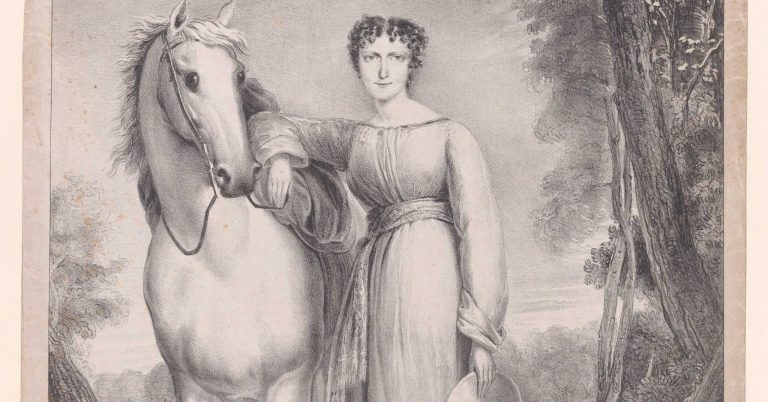
By Christopher Gill
Many of the themes regularly used for life-guidance based on Stoic philosophy can help with responding to the current coronavirus crisis; here are a few suggestions.
Drawing a clear distinction between what we can and cannot control, and acting and feeling accordingly. What we can do is look after our own health, follow government guidelines, or, depending on our situation, play a more involved role as a health worker, or supporting others with supplies of food and medicine. What we cannot do, as agents, on our own, is control the spread of the virus or prevent the many deaths; wanting to do that just produces a sense of helplessness, frustration, and panic, and drawing this distinction clearly can help to prevent that.
Hold in mind the four cardinal virtues (wisdom, courage, justice and temperance) that Stoicism sees as interdependent and fundamental for a good human life, and think how to work towards putting these into practice in the current coronavirus crisis. What counts as a wise response? Not just informing yourself about the illness and world-wide reactions to it, but also forming a balanced and thoughtful understanding of the illness and its consequences. What have you learned about yourself, and about what matters most in life? What do you think our society can learn about its present and future direction from this period of lockdown, and the chance to reflect on the harm our normal way of life does to ourselves and the planet?
Courage? This might mean taking up a potentially risky job in a hospital or care home (there have been some remarkable examples of this kind of courage in all countries) or just facing the prospect of life with coronavirus around you without constant anxiety. Justice? Acting responsibly in line with government advice or doing what you can for friends and family or others in need (including giving to charities or funds designed to help those much less well equipped than we are). Temperance or self-control? This can range from managing your short-term emotions and desires (no panic-buying!) to thinking out how best to use this period of self-isolation or social distancing in a positive and constructive way (e.g. completing that long-awaited article or learning more about applied Stoicism).
Another Stoic exercise can be helpful too.
Contracting the circles of our relationships. Hierocles (2nd century CE Stoic) advises us to imagine ourselves at the centre of a series of circles (ourselves, our family and friends, our neighbours or colleagues) and so on to people far away. Then try contracting each of the circles, so they become like the closer one in the way you think and feel about them. This reflects the Stoic idea of the essential brotherhood or co-citizenship of all human beings, as rational and sociable animals. Try thinking about what the coronavirus means for members of these various circles and drawing them closer in. Imagine what it would be like to have this virus if you are in a war-zone in Syria or Yemen and suppose that these cases matter as much to you as the ones we read about each day on the news in Britain or the USA. And take the person you’ve just read about who’s died in this country and think about them like someone in your neighbourhood or family. Stoicism stresses that death is a normal part of the life-cycle of all human beings; but this does not mean that Stoics are unaware of the emotional and personal significance of death and loss in someone’s life.
For more on applied Stoicism, see the Modern Stoicism website (home of Stoicon and Stoic week) also, home of the blog, ‘Stoicism Today’, with a growing archive.
For the April issue of ‘The Stoic’ magazine, with Stoic responses to the corona virus, see The Stoic Gym.
Two recent books on applied Stoicism from Penguin:
John Sellars, Lessons in Stoicism (2019)
Massimo Pigliucci, How to be a Stoic (2017)
A fuller guide, Donald Robertson: Stoicism and the Art of Happiness (2013)
By Christopher Gill, University of Exeter and will be contributing to an upcoming issue of Ancient Philosophy Today.

Christopher Gill is Professor Emeritus of Ancient Thought at the University of Exeter. He has written extensively on ancient philosophy, including Stoicism, and has been involved in the presentation of Stoic ideas for a broad public audience since 2012.





